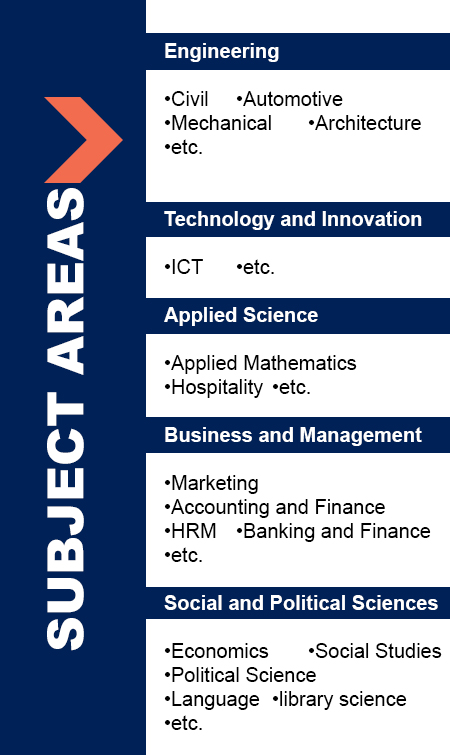Competency-Based Training (CBT) Approach to Teaching and Learning in Higher Technical Institutions (HTI) in Ghana
DOI:
https://doi.org/10.47127/ijtmr.v2i2.52Abstract
Competency-Based Training (CBT) was introduced in the HTIs (i.e. Polytechnics, most of which has become and Technical Universities) in Ghana to provide graduates with appropriate knowledge and skills to efficiently perform work place roles in industry and administration. This is a preliminary study to undertake an appraisal of CBT since its implementation in the HTIs. The study focuses on the mode of delivery of CBT, the modes assessment, the benefits and the challenges. Mixed methods research design was used to collect and analyse data from five Polytechnics using random sampling. A total of 510 respondents comprising lecturers and students who engaged in various CBT programmes participated in the study. The findings reveal that CBT helps trainees to acquire competencies/skills required in the performance of jobs. CBT also encourages the adoption of flexible delivery and learning methods in Polytechnics in Ghana. Among the major challenges facing CBT in the Polytechnics are finance and logistics as well as the “pen-and-paper test”. The study recommends that proper identification of trainee skills, adoption of appropriate teaching and assessment methods are used in the delivery of CBT. In addition, adequate funding required for CBT training and equipment is also recommended. Most significantly, stronger collaboration with both public and private sector firms in the industry is needed. Finally, commitment and support from all stakeholders in polytechnic education is necessary for the sustainability of CBT.
Keywords: Competency-Based Training; Polytechnic Education; Employable Skills; Job Performance








